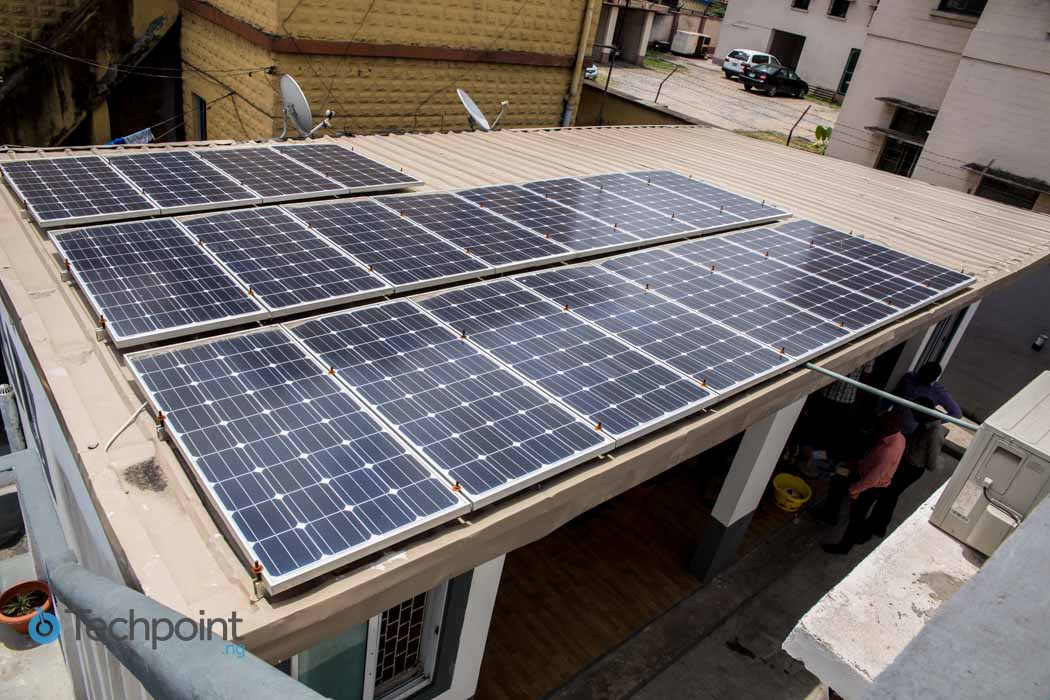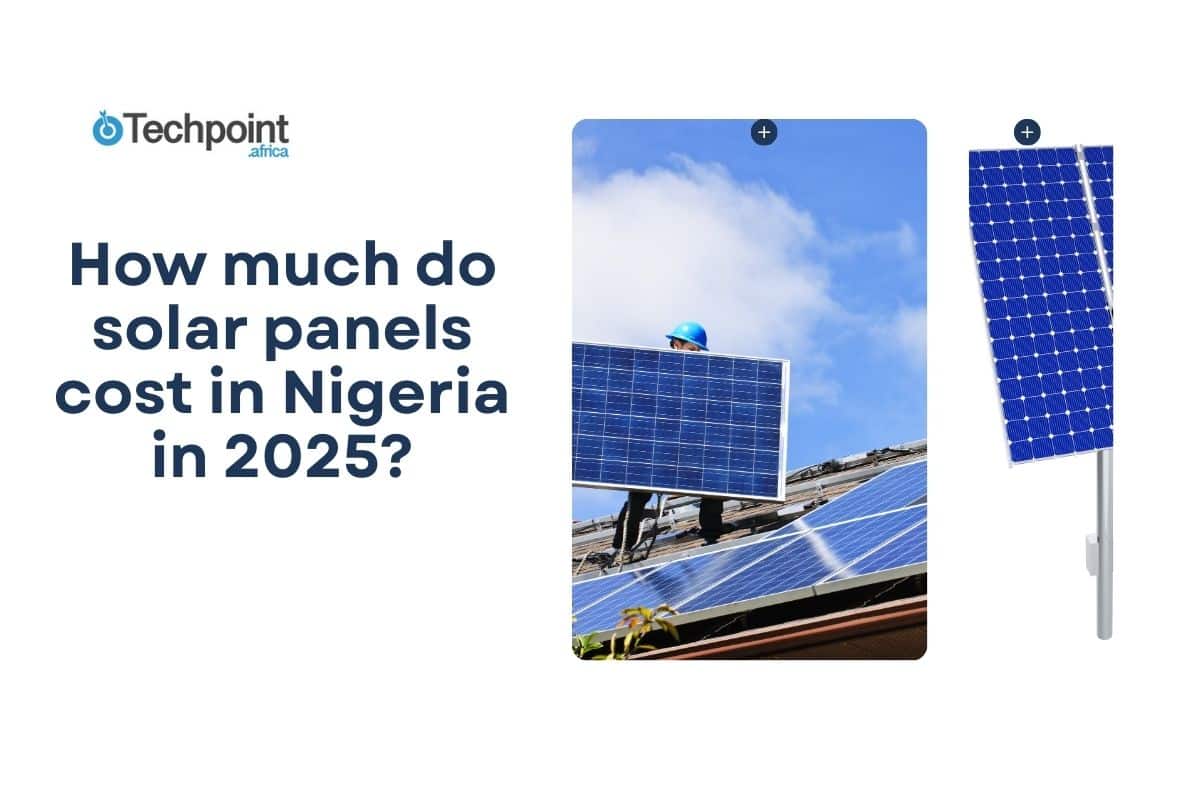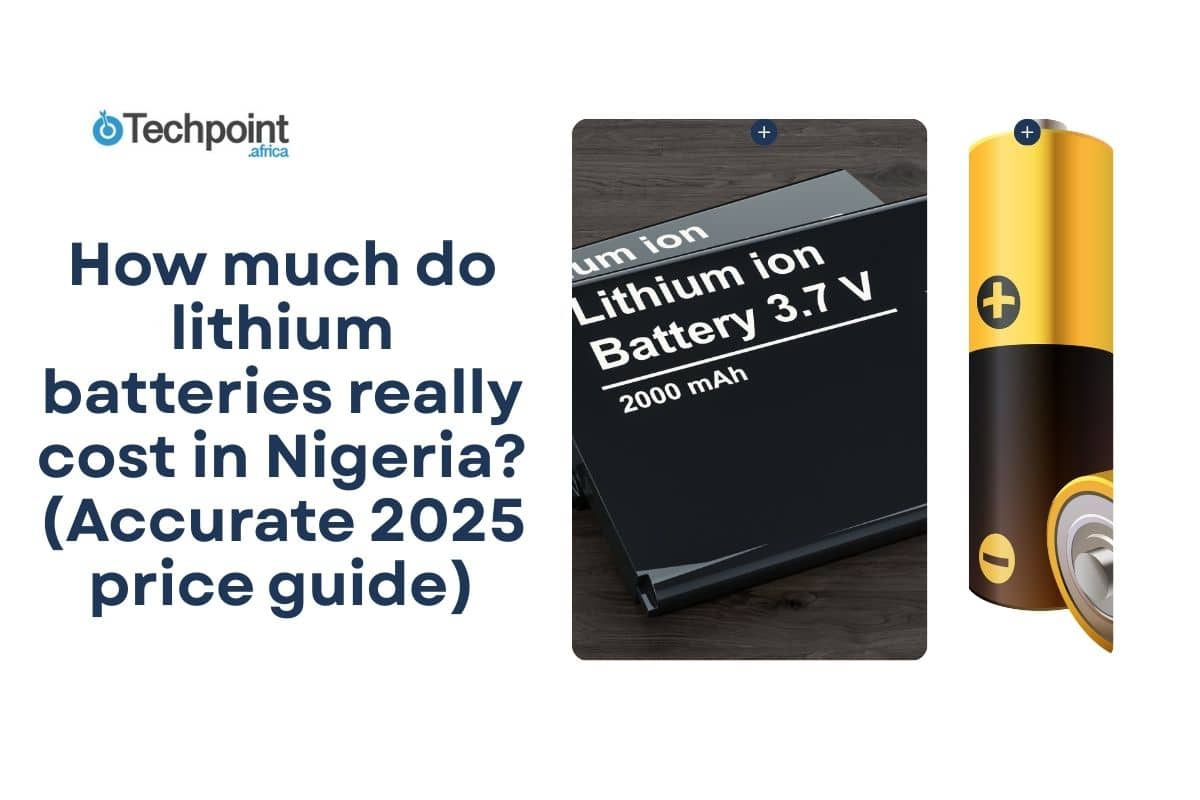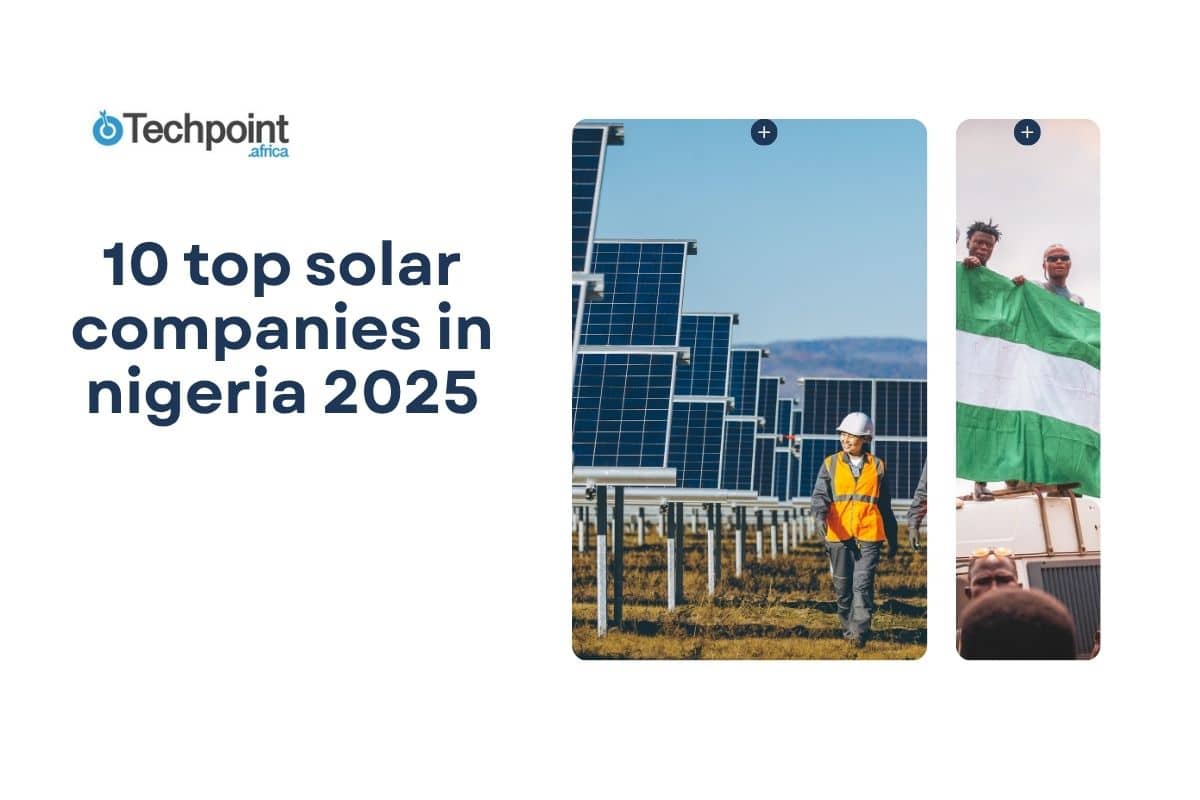In February and March this year, importers of solar panels suddenly discovered a new anomaly; the Nigerian Customs Services (NCS) was forcing them to pay between 5% and 10% import duty on solar panels.
This was a new development contravening a federal government law that put zero percent import duties on solar panels to encourage the use of renewable energy and diversification of power sources.
With an estimated population of over 180 million, Nigeria still generates a reported 7,000 megawatts of electricity and transmits about 5,222 MW of this volume.
According to a Power Generation Report by the Ministry of Power, Works and Housing, on the 9th of April, 8 out of Nigeria’s 27 power plants were reportedly shut down due to gas, line and frequency management constraints.
Afterwards, the Minister of Power, Works and Housing, Babatunde Raji Fashola, reportedly reiterated the need renewable energy in the country. Renewable energy, especially solar, can truly alleviate Nigeria’s power woes.
Suggested Read: Solar energy: Nigeria’s best shot at eradicating its electricity problem
But this potential solar intervention may be crushed by a price hike before it can take any hold.
According to the law, CET code 8541.4010.00 — a classification for import duty tariffs — “solar cells whether or not in modules or made up into panels” should have zero percent import duties on them. But this is apparently not the case.
Considering Nigeria’s epileptic power supply, the cost of solar power installations in homes and businesses is even more expensive than it should be.
According to solar installation engineer and renewable energy expert, Obioha Ukegbu, because most marketers still have a large stock, the new import duties have not taken full effect on prices yet. But it is only a matter of time before consumers begin bearing the price brunt and an already nascent solar industry may become defunct.
This illegal tariff imposition sparked general outrage and even a #NoToSolarDuty Twitter hashtag that trended in Nigeria.
Apart from the social media campaigns, concerned parties and the Renewable Energy Association of Nigeria(REAN) also made media calls that resulted into awareness campaigns all around Nigeria.
Through all these, no representative of the Nigerian government or the Nigeria Customs Service(NCS) reacted to the issue.
When the heat got too much, Public Relations Officer of the Nigerian Customs Service Joseph Attah gave The Cable what seemed like a plausible explanation for this seemingly illegal levy.
According to him, only solar panels are under the product classification ‘HS Code 8501’ that attracts zero percent import duties, in a bid to incentivise renewable energy. However, solar panels that come with other add-ons like electrons and diodes are not under the HS Code 8541 classification, hence they are taxable.
This explanation sounds legitimate to the uninitiated, but the experts say it does not make any sense.
Segun Adaju, President of the Renewable Energy Association of Nigeria(REAN), discusses the absurdity of this claim.
“Solar panels typically come with these diodes and wires behind them and that is like a global standard. From the factories they are made, these panels ship the same way all over the world, why should they be different when they come to Nigeria? On some rare occasions, the panels can come without diodes but this only for people who assemble. One of our members [at REAN] assembles and subsequently imports panels without diodes, but he was still made to pay the duties.”
According to one Twitter user, importing solar panels without its components is as good as importing cardboards and expecting them to produce electricity.
It appears Mr. Joseph’s explanation does not pass the test. Efforts to reach him and the Nigerian Customs Service have proven abortive, as emails went unanswered.
It is unclear what the Nigerian government is trying to do with this unpopular and seemingly regressive move, but both Segun and Obioha agree it may be a new aggressive revenue generation format for the government through the NCS.
Reports over time show the Nigerian Customs gets an annual revenue generation target but regardless, they are not doing badly in that area.
In 2015, they generated ₦904 billion in revenue, this reduced to ₦898 billion in 2016 inclusive of VAT and in 2017, it reached a high of over ₦1 trillion; the highest ever for the agency.
Is it prudent to put revenue generation over reviving Nigeria’s comatose power sector?
Not just about the money
In all these, there seems to be some dishonest and confusing undercurrent with seeming good intentions.
On the 4th of April, Gov. Nasiru El-Rufai of Kaduna State inaugurated Blue Camel Renewable Solar Power Assembly Plant and Renewable Energy Training Academy in the state.
Managing Director and Founder of Blue Camel, Yusuf Suleiman, reportedly said the plant has the capacity to assemble over 10,000 units of different solar products annually.
A unnamed source claims this assembly plant is the reason for increased taxation on solar panels. According to this source, the Kaduna state governor patronises the company and has somehow gotten the NCS to raise the imports duties to create a monopoly of sorts for them.
It doesn’t sound so far-fetched considering the launch of the assembly plant somehow coincided with the commencement of the forced import levy.
And over the years, the Nigerian government has made laudable efforts to encourage and strengthen made in Nigeria goods over foreign alternatives.
It has banned imports on certain goods produced in Nigeria and even the Executive Order 003 enforces support and patronage of indigenous IT products and services. But this may be a wrong move for the renewable energy sector for many reasons. Renewable energy for power generation is relatively nascent in Nigeria with low adoption rates.
On the forced import duties, Obioha laments about how hard it already is to get the average Nigerian to adopt solar power. He believes it will become near impossible with a price hike.
Segun points out the supply and demand problem in relation to Nigeria’s population.
“As small as demand is, one Nigerian company may not still be able to meet up. And there’s also the price factor to consider as production and assembly on a controlled level may lead to increase in price even beyond the ones we import.”
They both agree that for renewable energy in Nigeria, adoption should be paramount over creating an unsustainable monopoly.











